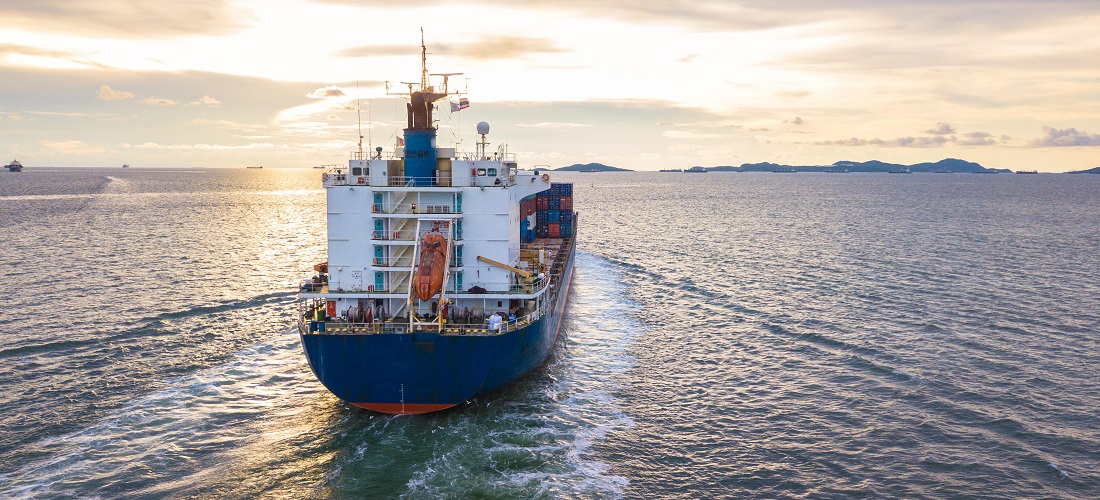
BR do Mar cabotage project bill is sent to congress as matter of urgency
Aug, 12, 2020 Posted by datamarnewsWeek 202033
On Tuesday, August 11, the Government´s program to encourage cabotage, known as ‘BR do Mar’, was sent to the National Congress as a proposed bill and as a matter of urgency. The legislative measure aims to increase the supply of cabotage, encourage competition, create new routes and reduce costs. Among other goals, the Ministry of Infrastructure intends to increase the volume of containers transported per year, from 1.2 million TEU in 2019, to 2 million TEU in 2022, in addition to increasing the capacity of the maritime fleet dedicated to cabotage by 40% over the next three years (excluding vessels dedicated to the transportation of oil and oil products). Container cargo cabotage has grown more than 10% per annum in recent years.
Focal points for the BR do Mar project
BR do Mar is focused on four main aspects: fleet, shipbuilding industry, costs, and port.
Fleet – The program encourages the country’s operating fleet so that Brazilian Shipping Companies (EBNs) have greater control and security in the operation of their lines. In this way, companies that own a national fleet can benefit from chartering a vessel with a foreign flag in time whilst its own fleet undergoes maintenance, which allows it to have lower operating costs.
Other possibilities are also foreseen that will allow EBNs to charter vessels in time for other situations such as servicing routes that do not yet exist and to fulfill long-term contracts.
New entrants or smaller companies without their own vessels may charter just the hull (the chartered vessel adopts the Brazilian flag), without the need for ballast on their own vessels.
Shipbuilding industry – The government offers several actions to promote the shipbuilding industry, especially without maintenance and repairs. The possibility of foreign companies using the resources of the Merchant Marine Fund to finance the docking of their vessels in Brazilian shipyards is an example of an action that, by bringing greater economies of scale to shipyard operations, will also benefit EBN that currently use shipyards in Europe and even in China.
Costs – Actions that seek to increase the demand for cabotage operations, with proposals that lower costs on various fronts, such as the bureaucracies that overload cabotage operations.
Ports – An important initiative is to allow the use of personal contracts for the movement of cargo that does not yet have operations at a port, thus speeding up entry into operation at terminals dedicated to cabotage.
In addition, the Federal Government is already working with a port modernization agenda, having completed the leasing of 14 port areas in five regions of the country since last year. Another 14 port areas will be tendered later this year, in addition to 33 private-use terminals that will be authorized.
An additional action is the inclusion of new investments in existing contracts to ensure that ports are prepared for the increased demand from cabotage operations.
-
Ports and Terminals
Apr, 11, 2023
0
Paraná-based ports see 17.2% cargo throughput increase in March
-
Meat
Sep, 30, 2021
0
US earmarks $500 million to prevent African swine fever
-
Ports and Terminals
Mar, 22, 2020
0
TCP begins new service to East Coast USA
-
Ores
Mar, 02, 2022
0
New Iron Ore Project is Confirmed Feasible in Bahia



